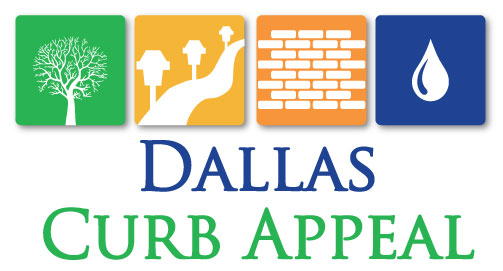The Environmental Benefits of Synthetic Turf
Saving our Dwindling Fresh Water Supply
In arid climates it takes approximately 108,000 gallons of fresh water to maintain a 6,000sf lawn for one year (less in more humid climates).
University of Southern Utah, Maggie Shao
Approximately 50-70% of our fresh water is used for landscaping annually depending on the area of the country.
Southern Nevada Water Authority, New Mexico State University
Perfect Turf requires no water and it looks like green, healthy grass all year long.
No Fertilizers in our Ground or Aquifers
Perfect Turf does not require any fertilizers to maintain its healthy, green appearance. Reducing fertilizers in our ground means fewer fertilizers adversely affecting our water supply.
Friendsofwater.com
Less Air Pollution
Small engines from lawnmowers and edgers are a major contributor to air pollution in our country. Perfect Turf requires none of this type of maintenance; hence it helps reduce air pollution!
US Environmental Protection Agency
Promotes Recycling and Use of Renewable Sources
A single synthetic turf football field contains roughly 45,000 used tires that would otherwise be filling a landfill. In addition, the backing material is partly made from renewable resources such as soybean oils. Most of the synthetic turf material is recyclable and some turf uses a backing that makes it 100% recyclable.
Greendecade.org, www.universal-textile.net/news_biocel_march2006.htm

